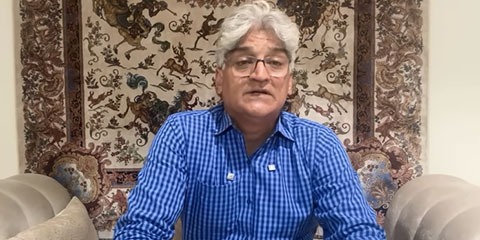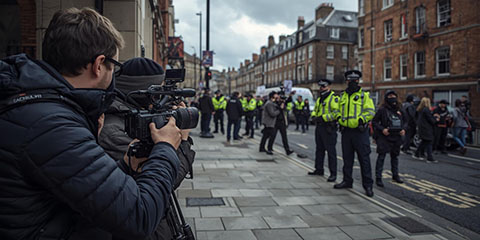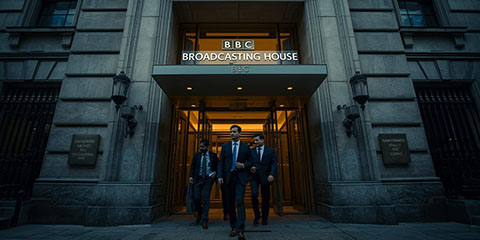In violent Mexico, it is a deadly job to be a journalist
JournalismPakistan.com | Published 8 years ago
Join our WhatsApp channel
VERACRUZ, Mexico: When Mexican student Carlos David Chavez told his father he wanted to be a journalist, the reaction was dramatic: “They’re going to murder you!” he said.
It is an understandable response.
Mexico is one of the most dangerous countries in the world for journalists, with more than 100 murdered since 2006.
The most recent killing was Tuesday when a small-town investigative reporter named Candido Rios was gunned down with two other victims in the violent state of Veracruz.
The eastern state, which has a nasty history of drug cartel wars and corrupt politics, is the deadliest for journalists: at least 20 have been murdered here since 2010.
Asking questions about multi-billion-dollar mafias or government graft can be a deadly job in Mexico.
That, together with salaries as low as $300 a month and scarce job opportunities, has made journalism an unpopular career.
“The appetite to be a real reporter, the kind that goes into the field to chase down information, has diminished enormously. Especially for crime reporting,” said Marco Malpica, head of the communications department at Veracruz University.
Just 20 percent of his 200 students want to be actual journalists.
“And most of those want to cover sports or finance or be TV anchors,” he said.
The university’s 63-year-old journalism school has the oldest public program in Mexico and has seen applications fall by 35 percent in the past five years.
The country’s premier private journalism school, Carlos Septien Garcia, in Mexico City, has seen enrolment drop by nearly 32 percent in the past decade.
It is the same trend at Latin America’s largest university, the National Autonomous University of Mexico.
“Young people are going more for marketing, production, and television directing. They want to be on TV,” said Victor Manuel Juarez, spokesman for the university’s department of political and social sciences.
The declining number of journalists will have a damaging long-term effect on Mexico’s development as a democracy, warns the media watchdog Article 19.
“The absence of a new generation of journalists will leave a void in our history. Official truths will no longer be challenged by other truths,” said Ana Ruelas, the group’s Mexico director.
“That will perpetuate censorship,” she told AFP.
Estefani Gamez, an 18-year-old photography student in Veracruz, is one of those enrolled in the state university’s communications department. But the last thing she wants to be is a photojournalist.
“I’d end up in a pit, in some mass grave,” she said, explaining why she has opted for art photography instead.
Carlos David Chavez, the 22-year-old whose father cringed when he said he wanted to be a journalist, soothed his dad’s fears by announcing he would specialize in organizational communications, not street reporting.
In a country where journalists who don’t end up dead are sometimes on the payrolls of drug cartels or corrupt politicians, the profession has lost its allure, he said.
“Some media organizations have lost all ethics,” he said.
Others are still willing to take the risk to chase the truth, give a voice to the voiceless and hold the powerful to account.
Angel Antunez, 18, comes from the Pacific resort town of Acapulco, which has become one of the most violent in Mexico.
He recently arrived at Carlos Septien Garcia Journalism School, dreaming of having his own TV news show some day — despite the risk in his hometown.
“It’s just the way it is. It’s like asking a doctor if he’s afraid of having a patient die. It eases a bit with experience,” he said.
“But, obviously, there will always be some fear.” - AFP

























